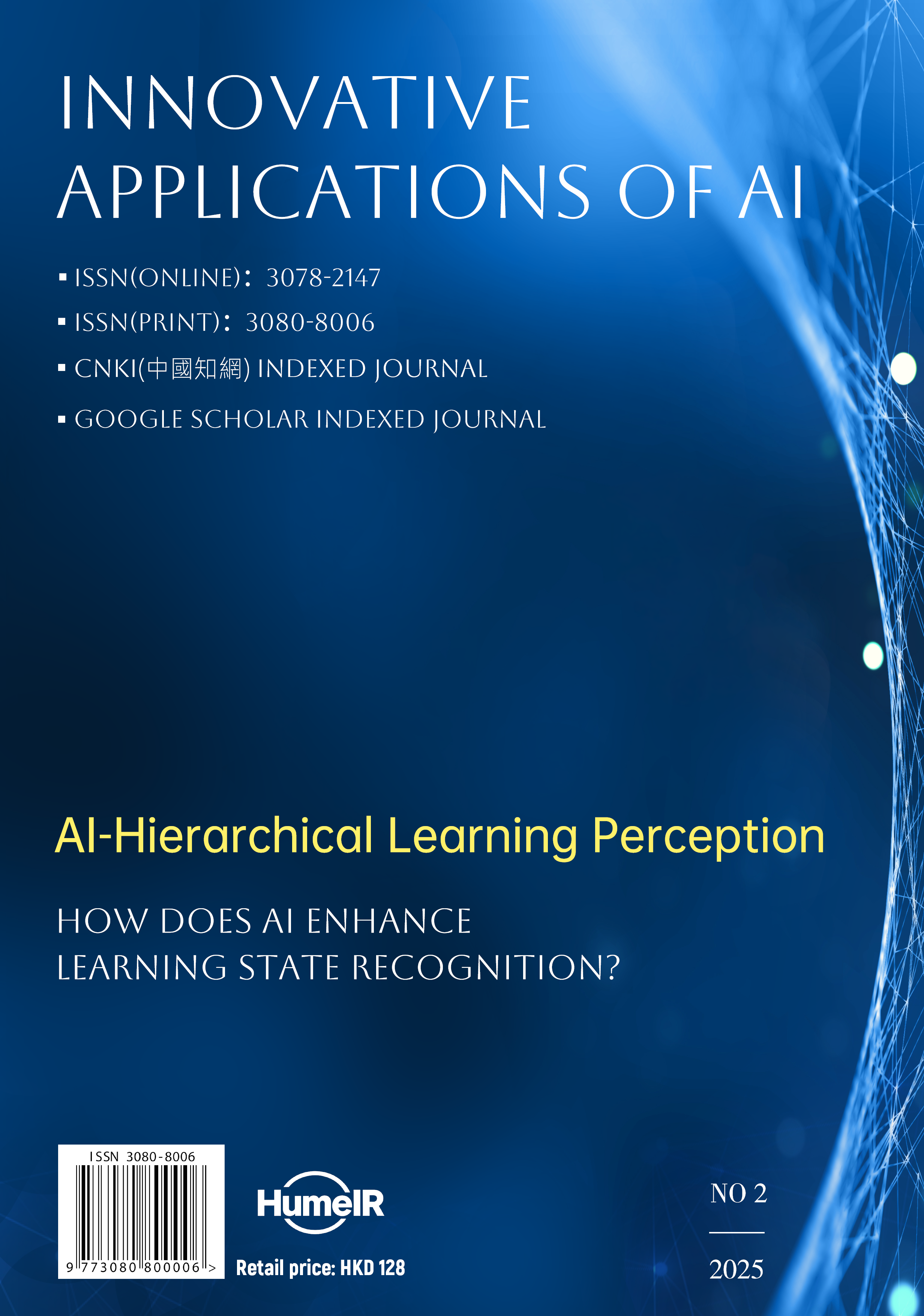Reconciling Cultural Identity in the Age of AI: Dual Dilemmas and Pedagogical Strategies
DOI:
https://doi.org/10.70695/AA1202502A03Keywords:
Artificial Intelligence Technology; Cultural Identity; Algorithmic Literacy EducationAbstract
As embodied AI technologies advance, the logic of cultural identity production has shifted from the conventional binary framework of 'society-individual' to a more complex ternary interactive ecosystem of 'human-machine-culture'. This study critically examines the double alienation facing cultural identity construction in the age of intelligence: on the one hand, the systematic dissolution of cultural subjectivity by technological power networks; on the other, the adaptive restructuring of educational systems required to safeguard and promote cultural diversity. Using an interdisciplinary perspective that combines critical philosophy of technology with cultural ecology, this research analyses how algorithmic power dominates the mechanisms of cultural meaning production, revealing the resulting alienation of cultural identity. In response to these challenges, this paper proposes three specific educational pathways to address the cultural identity crisis of the intelligent age: First, promoting the ecological transformation of algorithmic literacy education, emphasizing a shift from mere technical tool cognition to a value orientation of power critique and ecological governance; Second, reconstructing a human-machine collaborative space for cultural negotiation, activating the dynamic re-production of cultural meaning through technological mediation and achieving continuous meaning making; Finally, constructing a dynamic governance network involving diverse technological communities, aiming to enhance institutional resilience and embed ethical antibodies that collectively resist the cultural homogenisation risks posed by technological systems. These strategies not only offer new directions for addressing current dilemmas in cultural identity construction, but also propose practical and feasible ways for educational systems to better adapt to the new technological environment.
